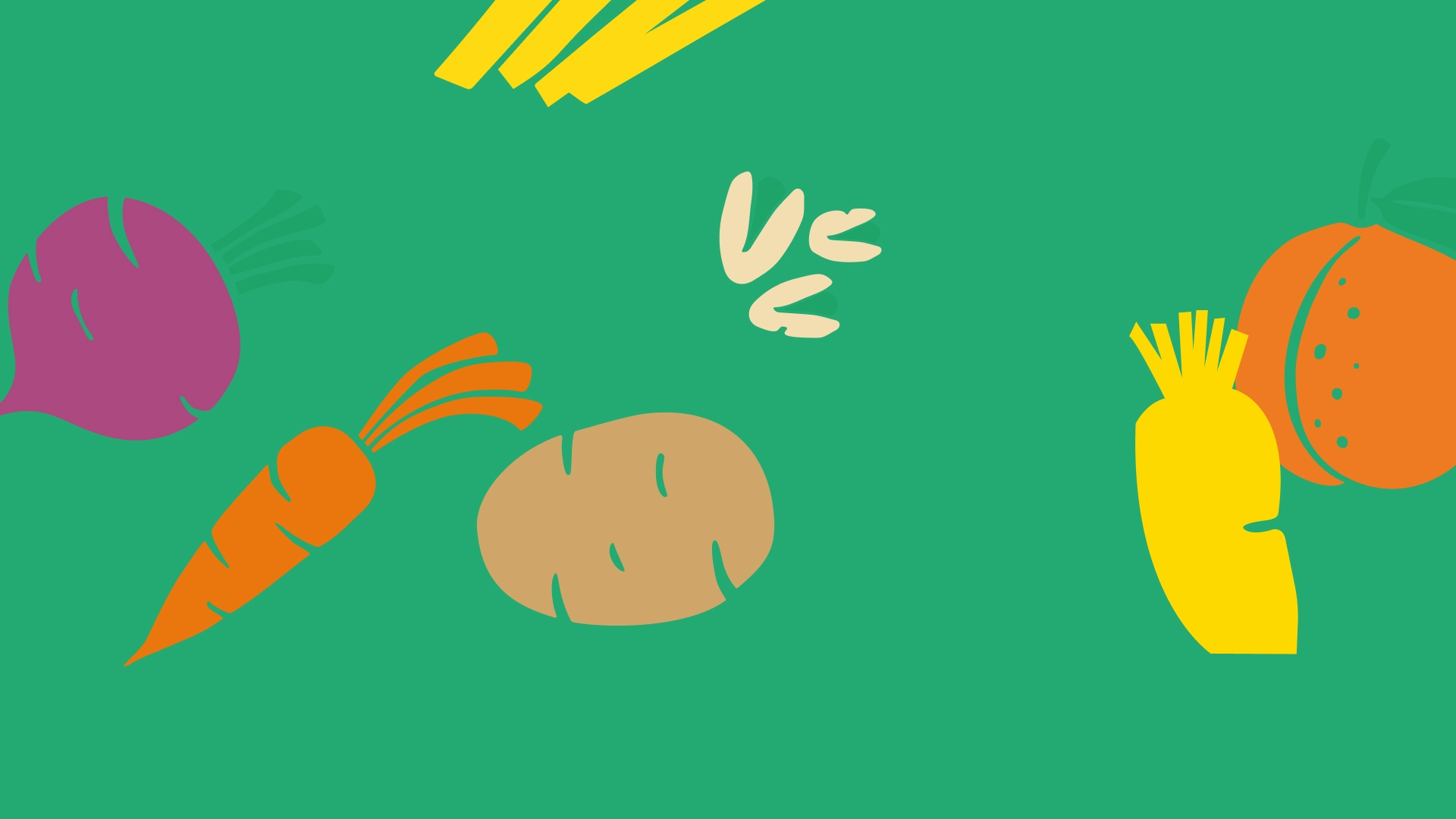
Less waste, greater yield: the future of waste reduction in potato processing
The potato processing industry is under pressure. Consumers and retailers demand not only consistent quality but also a demonstrably sustainable production process. Simultaneously, rising raw material prices, high energy costs and labour shortages mean that every kilogram of potato counts. Waste is no longer just an ecological problem, it is a direct assault on profitability.
Within the food industry, minimising product loss is a top priority. For potato processors, the greatest challenge, and the greatest opportunity, lies in reducing waste during the potato processing procedure. This requires a critical look at the entire process, from peeling to cutting and sorting.
The hidden costs of product loss
When we think of waste, we often think of the peels. But product loss in potato processing is far more complex. It includes, among other things:
Inaccurate peeling: Machines that peel too deeply remove an unnecessary amount of saleable product.
Cutting loss: Irregular cuts when producing fries or wedges lead to more 'slivers' (small offcuts) and a lower yield.
Incorrect sorting: Good product that is mistakenly rejected and removed from the line.
Manual errors: Manual cutting or sorting is not only labour-intensive but also inconsistent and prone to error, leading to more waste.
Every percentage of product loss means you must process more raw materials, consume more energy, and deploy more labour for less output. In the current market, that is unsustainable.
Efficiency through precision: The first step in waste reduction
The most effective way to reduce waste is to simply not create it in the first place. This starts at the source: precision automation. Machines must not only be fast, but above all, smart and accurate.
For over 75 years, Marcelissen has been at the forefront of developing solutions that do exactly this: achieving maximum output from every single potato.
Accurate peeling with minimal loss. A good start is half the battle. Our peeling machines, such as the Drum Knife Peeler - SMT, are designed to remove the peel gently yet thoroughly. A controlled peeling process reduces product loss to an absolute minimum, while the potato's quality is perfectly preserved for the next processing step.
Smart cutting for more end product. During production of fries, the cutting process is crucial. The Slitmaster series is specifically designed to cut with unprecedented precision. This not only guarantees a uniform end product but also drastically minimises product losses. Less cutting loss directly translates to more kilogrammes of saleable fries per batch and a faster ROI (Return on Investment).
From waste to value: The power of residual stream processing
Even in the most efficient process, residual streams are created. The real innovation lies in no longer viewing these streams as 'waste', but as a valuable raw material. This is where residual stream processing (or valorisation) comes in.
Within a circular economy, residual streams are recycled and repurposed. This requires machines that can efficiently separate these streams. A perfect example of this is Marcelissen’s Sliver Remover.
This advanced sorting machine is specially developed to effortlessly pieces too small (slivers) from the main product flow. Instead of these small pieces being disposed of as waste, they can now be easily collected and processed into different potato products. In this way, a cost item is converted into a new revenue stream.
Ready for a future-proof process?
Minimising waste during potato processing is no longer an afterthought; it is a core strategy for a healthy and future-proof business. It directly impacts sustainability and cost reduction within the food industry and increases competitiveness.
By investing in modern, accurate machines that both minimise waste at the source and valorise residual streams, you take the step towards a more efficient and profitable process.
Marcelissen is keen to collaborate with you to improve your food processing operations. Together, we will analyse your production process, identify bottlenecks, and implement the solutions that maximise your yield.
Contact us today.
